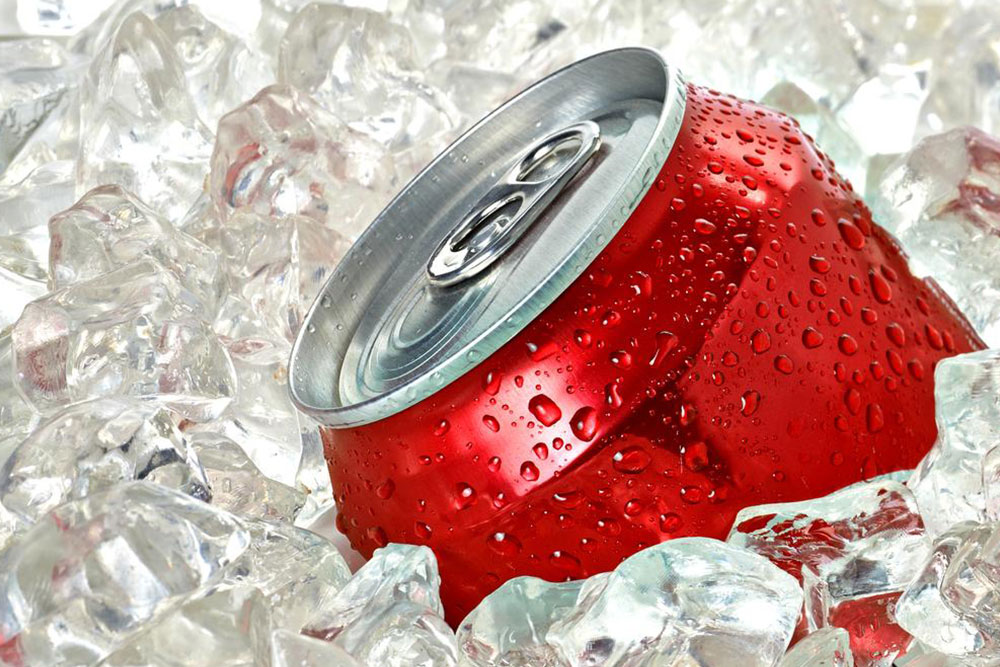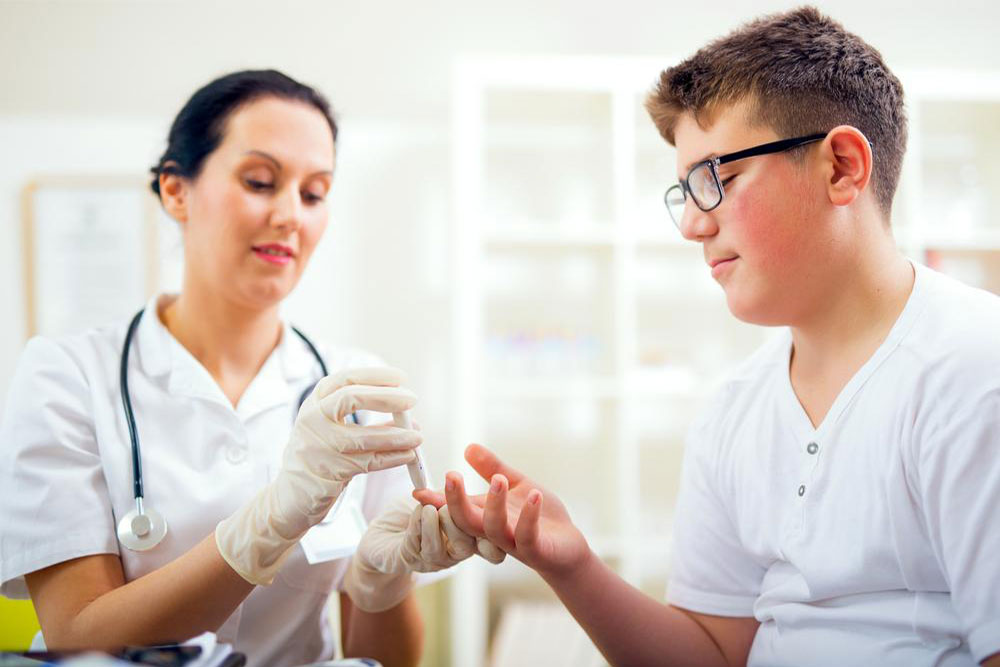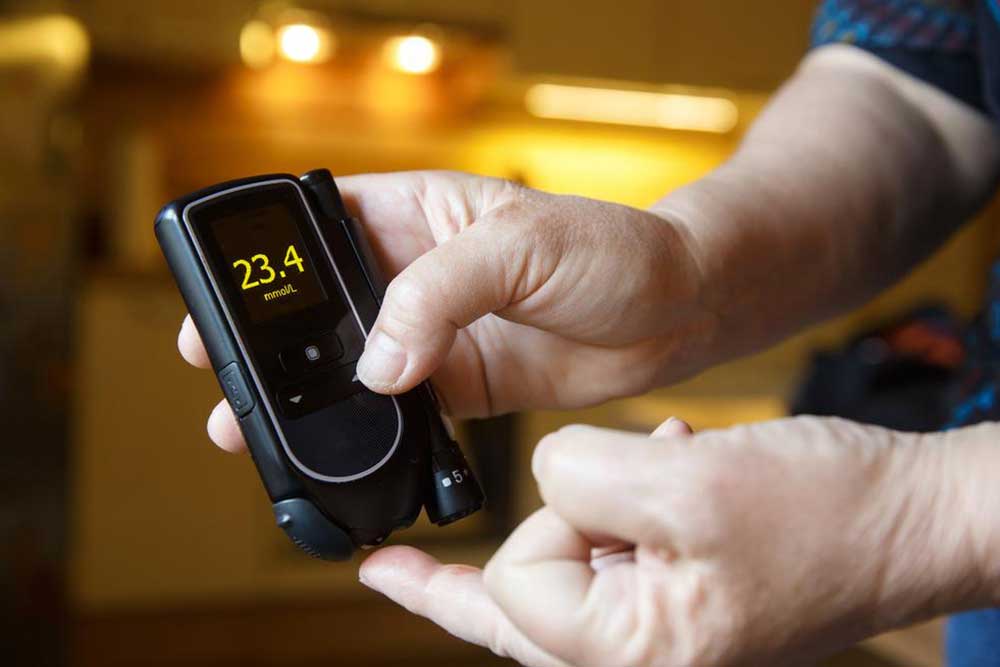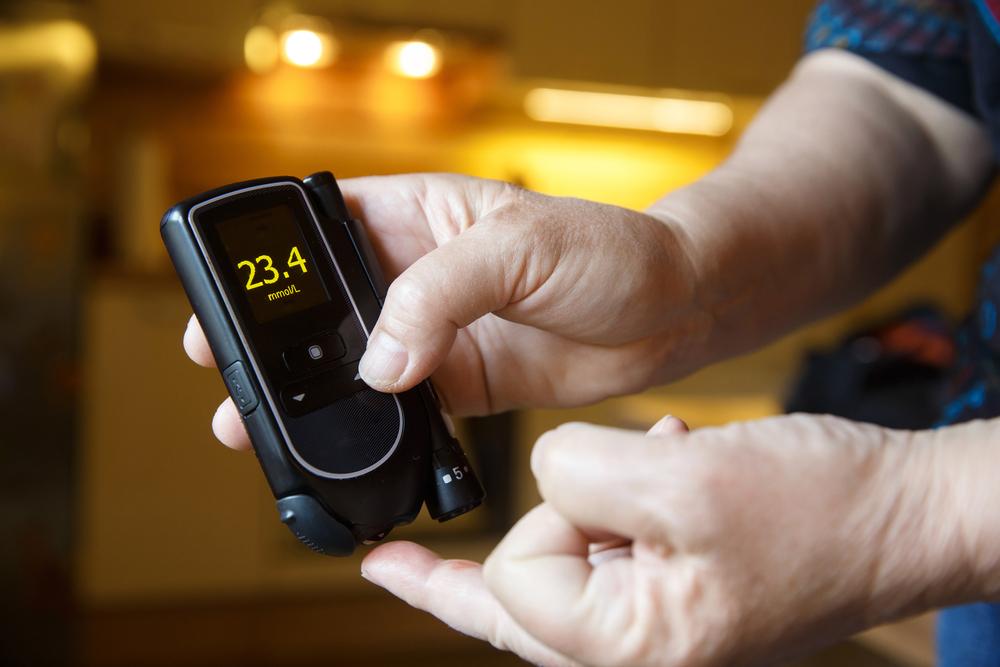Essential Dietary Guidance: Beverages Diabetics Must Carefully Avoid for Better Blood Sugar Control
This in-depth guide provides critical insights into the top five beverages diabetics should avoid to maintain optimal blood sugar levels. It explains the risks associated with regular soda, energy drinks, sweetened fruit juices, alcohol, and diet sodas, while offering healthier alternatives to support better health and glucose control. By understanding these choices, diabetics can improve their diet, reduce complications, and enjoy a higher quality of life through smarter beverage selection.

Essential Beverage Choices: Top 5 Drinks Diabetics Should Avert for Optimal Health
Managing diabetes effectively requires not only careful carbohydrate counting and medication adherence but also mindful selection of beverages. Many popular drinks on the market contain high levels of sugar, artificial sweeteners, or carbohydrates that can quickly elevate blood glucose levels, making blood sugar management more challenging. For diabetics aiming to maintain stable glucose levels, it's crucial to understand which drinks to avoid and what healthier alternatives to choose. In this comprehensive guide, we explore the five most problematic beverages that can undermine diabetes control and provide strategies to replace them with healthier options for enhanced well-being.
Regular Soft Drinks (Soda)
Regular sodas are perhaps the most notorious for their impact on blood sugar levels. According to the American Diabetes Association, a standard can of soda typically contains about 40 grams of carbohydrates and approximately 150 calories. Consuming such beverages can cause rapid spikes in blood glucose, leading to increased insulin demand and potential weight gain. Moreover, the high sugar content contributes significantly to tooth decay and may elevate the risk of cardiovascular complications in diabetics. Instead of soda, diabetics can opt for herbal teas, sparkling water infused with natural fruits, or homemade flavored water to satisfy their craving for fizzy drinks without the adverse effects.
Energy Drinks
Marketed as quick energizers, energy drinks often contain extremely high levels of caffeine combined with substantial amounts of added sugars. These ingredients can cause significant increases in blood sugar levels and promote insulin resistance over time. Regular consumption of energy drinks has been linked to heightened risks of developing type 2 diabetes, even among individuals without prior diagnosis. Additionally, the excessive caffeine can lead to dehydration and increased heart rate. Diabetics should steer clear of energy drinks and instead choose healthier alternatives like herbal infusions or decaffeinated beverages when needing a vitality boost.
Sweetened Fruit Juices
While freshly squeezed fruit juices contain beneficial nutrients and antioxidants, commercially available sweetened fruit juices are often laden with added sugars and preservatives. These drinks can significantly elevate blood sugar levels due to their high carbohydrate content, particularly fructose, leading to sudden blood sugar spikes and weight gain. For diabetics, it's better to consume whole fruits in moderation or opt for unsweetened, 100% fruit juice with no added sugars, and consume it in controlled portions. Alternatively, infusing water with slices of fresh fruit is a flavorful, healthier choice that offers hydration and nutrients without the sugar overload.
Alcohol
Alcohol consumption poses particular risks for individuals with diabetes, especially those managing blood pressure or with existing diabetic complications. Alcohol can interfere with blood sugar regulation, cause dehydration, and elevate triglyceride levels, increasing cardiovascular risk. Moderate alcohol intake, particularly wine, has been studied for potential health benefits, and some research suggests it may lower diabetes risk in women. Nonetheless, alcohol should be consumed cautiously and always with medical consultation, as excessive drinking can worsen glycemic control and lead to hypoglycemia or hyperglycemia. For diabetics, the safest approach is to limit alcohol intake altogether or choose beverages with minimal or no sugar content.
Diet Sodas (Artificial, Zero-Calorie Sodas)
Although diet sodas are calorie-free and often promoted as healthier alternatives to regular sodas, emerging research indicates they might have unintended negative effects. Artificial sweeteners in diet sodas can disrupt gut microbiota balance, potentially leading to increased insulin resistance. Furthermore, some studies link diet sodas with higher blood pressure, elevated cholesterol, weight gain, and difficulty in blood sugar regulation. Although they may seem like a good sugar-free option, diabetics should be cautious about their consumption and prefer natural, unsweetened beverages such as herbal teas, infused waters, or mineral water for optimal health benefits. Prioritizing hydration with natural drinks is key to maintaining stable blood glucose levels and overall wellness.
In conclusion, understanding which beverages can hinder blood sugar management is essential for diabetics striving for better health outcomes. Steering clear of high-sugar, artificially sweetened, or caffeine-laden drinks and replacing them with healthier, natural alternatives can significantly improve glucose control, support weight management, and reduce the risk of complications associated with diabetes. Making mindful beverage choices plays a crucial role in comprehensive diabetes management and paves the way for a healthier lifestyle.





